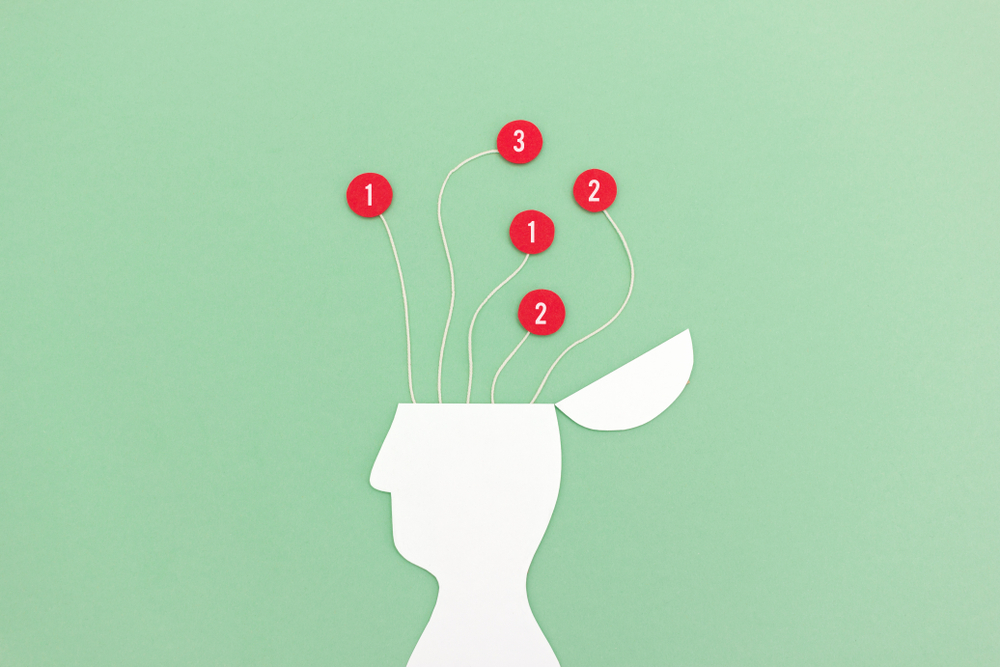It’s the most wonderful time of the year…but is it really, though?
While the holiday season typically drums up visions of sugarplum fairies, bright lights, gifts, and cheer, many people admit this time of year is filled with an overwhelming
amount of physical and emotional discomfort.
Recent statistics related to holiday stress reveal that nearly 69% of people are stressed by the feeling of having a “lack of time” and perceiving a “lack of money.” And over 50% are stressed about the “pressure to give or get gifts.”
A 2015 Healthline survey related to holiday stress showed that the majority of respondents were stressed. Overall, Gen Xers reported feeling stressed (65%) with baby boomers (62%) and millennials (61%) even-steven.
So, what do these statistics reveal? Holiday stress and anxiety are real. In fact, many health experts believe that exceedingly high expectations for peace, love, and joy during the holiday season can negatively impact both your physical and mental health–and much more than many people realize.
For example, common physical symptoms of holidays stress can show up in the form of headaches, insomnia, exhaustion, digestive and respiratory issues and much more. Stress can also lead to cardiovascular disease and heart attacks.
The holiday season is stressful for a variety of reasons and varies from person to person. For some people, Christmas or Chanukah might remind them of a loved one they lost, setting them down a path of grief and triggering a sad, lonely and stressful mood.
How to Reduce Your Holiday-Related Stress Levels
Fortunately, there are a number of physical and cognitive strategies you can use to deactivate your body’s stress response during the hectic holiday season.
The important thing to realize is that in order to experience a stress-free holiday season, you first must create and set boundaries with regards to your overall goals and expectations. Stick to a plan that enables you to enjoy the joy-filled and fun aspects of the season without feeling unnecessarily overwhelmed.
To minimize stressful hiccups, discuss holiday plans with family members (especially those who live far away) as soon as possible. And you can’t join them on the actual holidays, schedule an alternate time to visit.
During the holidays, many people end up over-committing and stretching their calendars too thin, often leading to physical and emotional exhaustion.
With this in mind, it’s critical to focus on your emotional well being during the holiday craziness and prepare your brain for the uptick in activities. Because you know the stress is coming, you can shift your cognitive strategies to respond to the changes in your environment.
For starters, be aware of your emotions. When you actively observe your thoughts and feelings, you can better understand where the stress is rooting from so you can manage it more effectively. Try carving out time each day for mindfulness activities, such as meditating, yoga, journaling or anything else that helps exude a calm and controlled “you.”
And as challenging as it might seem during the holidays, it’s vital to make sleep a priority. Our bodies and brains repair themselves during our sleep cycles. So, when the quality (or quantity) of our sleep is poor, we miss out on the body and brain’s restoration process. As a result, we are less focused, less resilient, and we have fewer internal resources for managing holiday stress and anxiety.
Kiss Holiday Stress Goodbye
The holidays are seasonal for a reason, and they can serve as an ideal break from work and school-related stress–and our daily routines. Aim to restore what should be a relaxing, peaceful time by taking it easy and relishing in all the activities that come along with it.
Originally published on Ladders.
Sign up to receive daily news, inspiration, and advice on how to master work and life from Ladders.
Follow us here and subscribe here for all the latest news on how you can keep Thriving.
Stay up to date or catch-up on all our podcasts with Arianna Huffington here.


